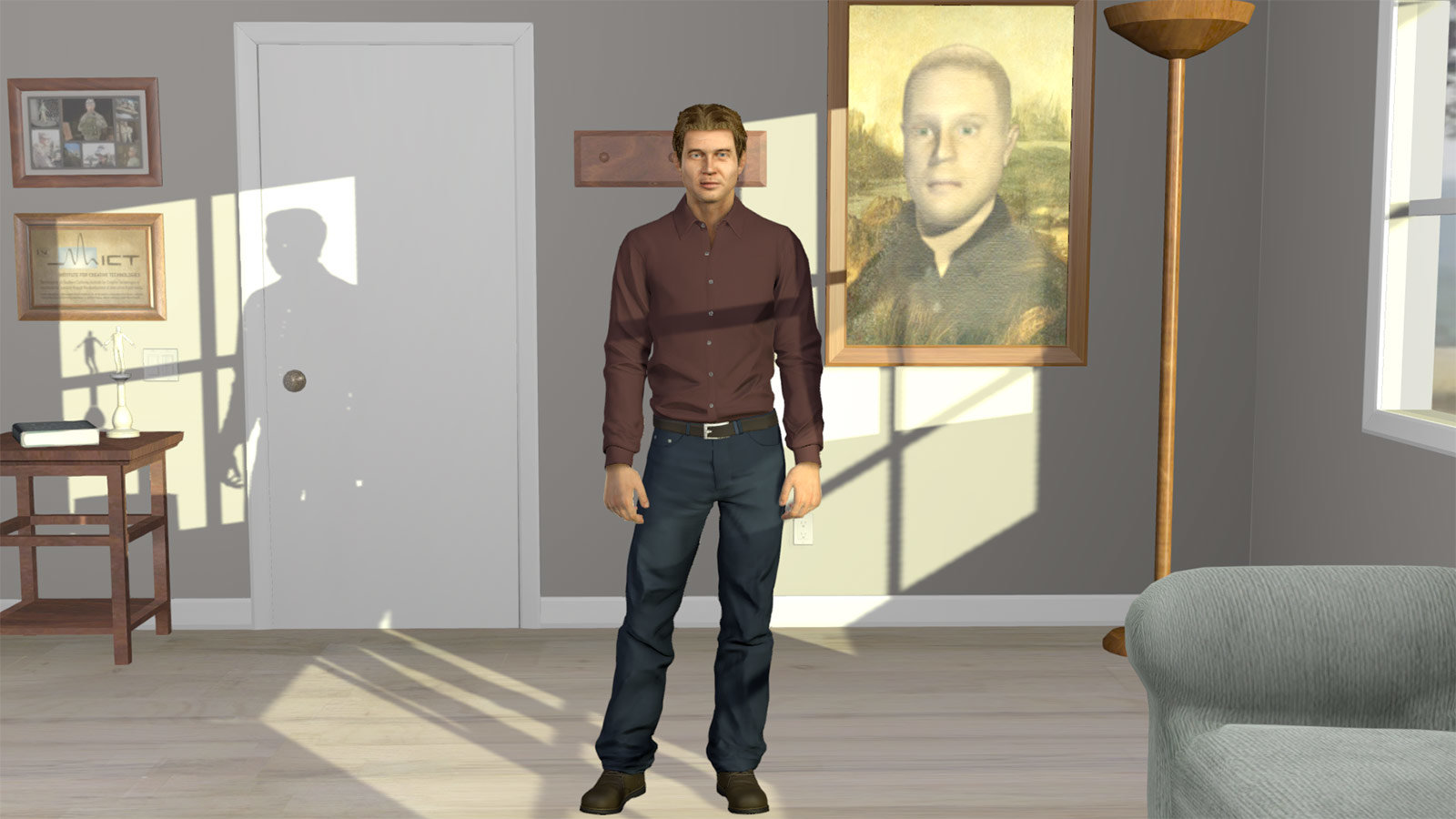Computer-based memory training
A survey serving science: Chemnitz University needs participants for learning survey in July and August
The researchers’ focus of the graduate college “CrossWorlds” at Chemnitz University of Technology is also aimed at learning with digital media.
As learning is a continuous process through life it should be supported at any age. But it seems that different age groups have also different requirements and needs of digital learning media. Maria Wirzberger, Professorship of Psychology of Learning with Digital Media, René Schmidt, Professorship of Computer Engineering, and Maria Barlag, Professorship of Computer Graphics and Visualization, are currently working on this question. Together they developed a voice controlled, computer-based memory training – for senior citizens in particular. Whether the prototype will achieve the results aimed for will show a test series.
For this purpose, participants with German as mother tongue (or similar German language skills) and good visual, hearing, and speaking capacities are wanted who agree to test the technology. As the program is voice controlled, computer skills are not mandatory. The appointments will take place from July 24th until August 26, 2017, at Chemnitz University at the university site Straße der Nationen 62. Duration of the participation is once a single hour and is compensated with 5€. Interested persons are asked to call +49 371 531 30222 (Monday-Friday, 9 a.m. till 5 p.m.) or to make an appointment via email to Alexandra.haessler@phil.tu-chemnitz.de .
Key word: Graduate College “CrossWorlds”
The by the German Research Association funded graduate college “CrossWorlds” is since 2012 established at Chemnitz University of Technology. The college is an interdisciplinary research group with researchers from subsections of computer engineering, psychology, and media communication working on the coupling of virtual and real social worlds through innovative technologies. The focus lies on the increasing digitalization of interpersonal interaction and its action area with the aim to develop possibilities that are not available in real communication. The kind and degree of digitalization play an important role as they influence the quality of interaction as well as showing restrictions that have to be analyzed and overcome. (http://crossworlds.info)
Mario Steinebach
31.07.2017





